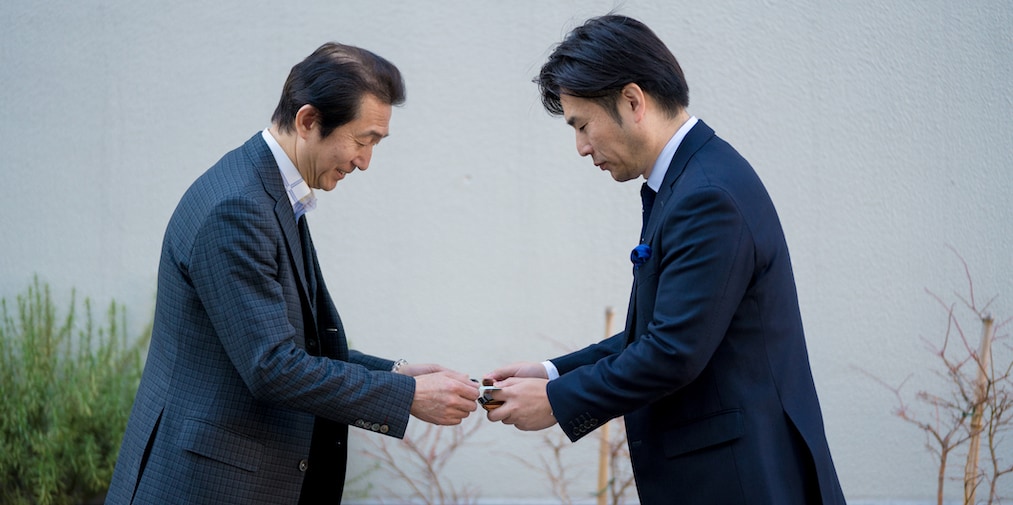Navigating Business Culture
Small talk is essential in Japan to establish rapport before diving into business matters. However, it is important to steer clear of overly personal or direct questions. Discussing neutral topics like weather or sports can help break the ice. Japanese business culture also values harmony and consensus, so maintaining a positive atmosphere is key.
Appearances matter in Japanese business culture because it reflects attention to detail and respect for others. Conservative attire is the norm, with dark suits being the standard for both men and women. Women typically wear knee-length skirts or dresses with minimal jewelry, and men opt for a clean-shaven look. Maintaining a well-groomed appearance is a sign of professionalism and respect. Another way to show respect and appreciation in Japanese business culture is by giving gifts.
Gift-giving is deeply ingrained in Japanese culture and plays a significant role in business relationships. When presenting a gift, it should be offered with both hands and with gratitude. Gifts should be modest and thoughtfully chosen; ”the choice of gift is seen as a reflection of the giver’s sincerity and effort in nurturing the relationship” (Juagdan, 2023). It's customary to reciprocate the gesture, so one must be prepared to receive gifts as well.
Being an American in Japanese business culture can pose many communication challenges. First, in Japanese culture, communication tends to be indirect and implicit. Unlike the more direct communication style common in the United States, where individuals often express their opinions openly, Japanese professionals may rely on subtle cues, and implied meanings. This indirectness can pose a challenge for an American accustomed to straightforward and explicit communication. Next, Japanese business culture places a strong emphasis on hierarchy, formality, and respect for authority. While this hierarchical structure generally applies to American businesses, it can still be challenging for an American professional who is accustomed to a more casual and flat organizational culture. Lastly, Japanese business culture values consensus building and group decision-making. Decisions are often reached through careful consideration and discussion among team members. The emphasis on consensus may lead to a slower decision-making process, which might be frustrating for an American businessperson accustomed to a faster-paced environment.If I was a U.S. based manager who was taking in new foreign employees from Japan, here are some things I would do to help the workforce understand each other better. I would start by beginning a cultural diversity course that the employees complete with a partner and during work hours. I believe that this can foster trust and respect between the employees even if the online course may not be ideal. This can also give all employees a chance to learn the basic customs of the different cultures in the workforce. Another action I would take would be to organize a companywide meet and greet/ restaurant plans depending on how large the company is. I think that this can help naturally blend cultures together in a business environment.


Comments
Post a Comment